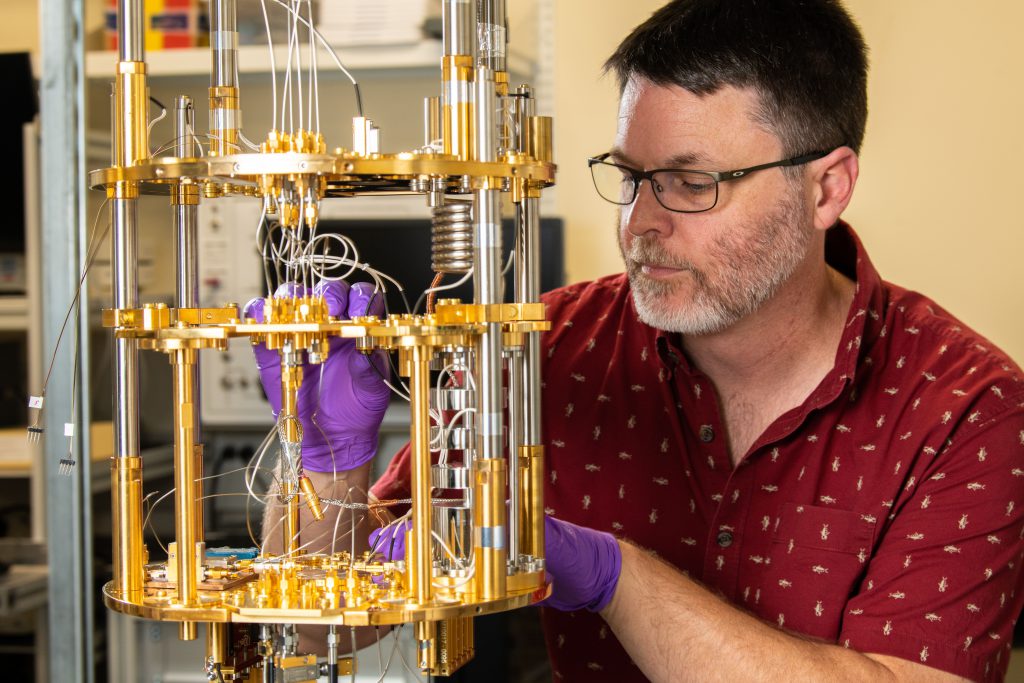Wired magazine reports on how soon it will be before quantum computers are able to crack all the encryption we are using tody. It says:
One day soon, at a research lab near Santa Barbara or Seattle or a secret facility in the Chinese mountains, it will begin: the sudden unlocking of the world’s secrets. Your secrets.
Cybersecurity analysts call this Q-Day—the day someone builds a quantum computer that can crack the most widely used forms of encryption. These math problems have kept humanity’s intimate data safe for decades, but on Q-Day, everything could become vulnerable, for everyone: emails, text messages, anonymous posts, location histories, bitcoin wallets, police reports, hospital records, power stations, the entire global financial system.
“We’re kind of playing Russian roulette,” says Michele Mosca, who coauthored the most recent “Quantum Threat Timeline” report from the Global Risk Institute, which estimates how long we have left. “You’ll probably win if you only play once, but it’s not a good game to play.” When Mosca and his colleagues surveyed cybersecurity experts last year, the forecast was sobering: a one-in-three chance that Q-Day happens before 2035. And the chances it has already happened in secret? Some people I spoke to estimated 15 percent—about the same as you’d get from one spin of the revolver cylinder.
And then there’s Bitcoin. The cryptocurrency is exquisitely vulnerable to Q-Day. Because each block in the Bitcoin blockchain captures the data from the previous block, Bitcoin cannot be upgraded to post-quantum cryptography, according to Kapil Dhiman, CEO of Quranium, a post-quantum blockchain security company. “The only solution to that seems to be a hard fork—give birth to a new chain and the old chain dies.”
But that would require a massive organizational effort. First, 51 percent of Bitcoin node operators would have to agree. Then everyone who holds bitcoin would have to manually move their funds from the old chain to the new one (including the elusive Satoshi Nakamoto, the Bitcoin developer who controls wallets containing around $100 billion of the cryptocurrency). If Q-Day happens before the hard fork, there’s nothing to stop bitcoin going to zero. “It’s like a time bomb,” says Dhiman.

Leave a Reply
You must be logged in to post a comment.